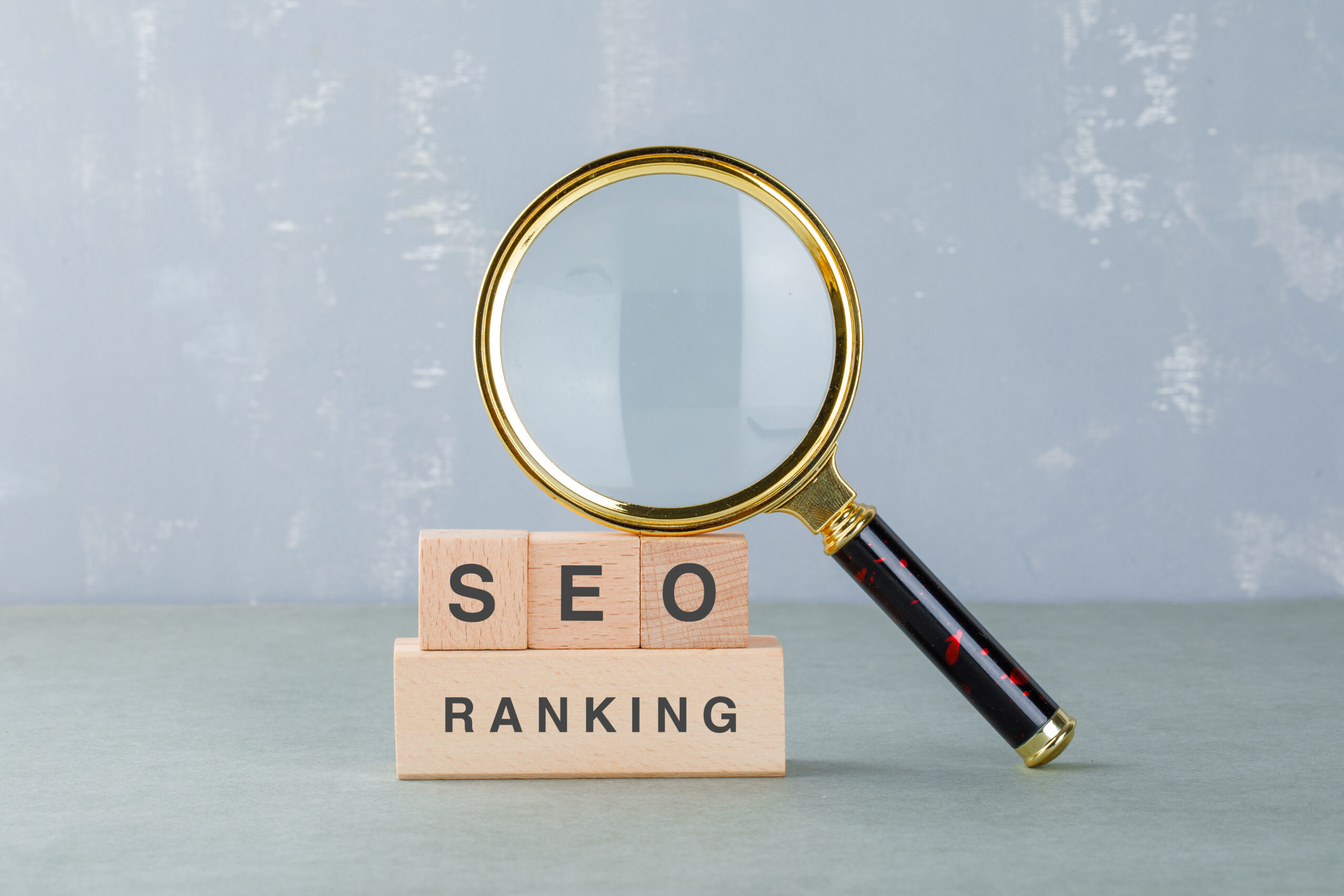When searching for information online, Google is often the first place people look. As a business, it is important to ensure your business is showing up on Google. However, if you have noticed your business isn’t appearing on Google, it can be a frustrating experience. This article will explain why your business may not appear on Google and how you can fix it.
Google My Business Not Claimed or Verified
It is essential to claim your Google Business (GMB) listing to ensure your business is visible on Google. Creating and verifying a GMB listing allows customers to easily find your business on Google Maps, Google Search, Google Business, and other Google products. Not claiming your GMB listing can cause your business not to appear on Google, which can significantly impact your business’s visibility and ability to generate leads.
Google Business is the primary way that customers find businesses on Google. When a customer searches for a business on Google, the first results they will see are the businesses that have claimed their GMB listings. A business must claim its GMB listing to appear in the search results. It will significantly reduce the business’s visibility and the website’s ranking, making customers less likely to find or contact the business.
In addition, businesses with unclaimed GMB listings will need help to take advantage of the many features offered by GMB. For example, businesses can upload photos, videos, and other media to their GMB listing to provide customers with more information about their products and services. They can also provide information about their business hours, contact details, and other important information. Claiming their GMB listing is necessary for businesses to use these features, making it easier for customers to find the information they need.
Low Authority Score
Various factors determine this score, and if a website’s score is low, it will be less likely to be featured prominently in Google’s search results. An authority score measures how trusted, and authoritative a website is. It is calculated by several factors, including the quality of the website’s content, the number of inbound links, and the number of social shares of the website’s content. The higher a website’s authority score, the more likely it is to be featured prominently in Google’s search results.
For businesses, a low authority score can be a major obstacle to showing up on Google. If a website’s score is too low, Google will not rank it as highly as websites with higher scores, which means that the website will not appear prominently in the search results. It can be a major problem for businesses, as Google is the dominant search engine and a major source of web traffic.
So, what can businesses do to improve their authority score and show up on Google? The first step is creating high-quality content relevant to your business. Content should be well-written and engaging, providing value to the reader. Additionally, you should strive to build internal links to your website, as this will help to demonstrate to Google that the website is trustworthy and authoritative. Finally, businesses should also strive to build a strong social media presence, which can help boost the authority score.
Noindex
Noindex is an HTML tag used by webmasters to tell search engines not to index a particular page. It is an important tool for businesses as it can help to prevent their website from appearing in search engine results. While noindex can protect sensitive information from being indexed, it can negatively affect a business’s online visibility.
There are several reasons why noindex could cause businesses not to show up on Google:
If the website has been set to noindex, it means that Google cannot index the page and, therefore, cannot be included in search engine results. It makes it difficult for potential customers to find the website, as they cannot search for it or find it in organic search results.
Noindex can also stop specific pages from being indexed. For example, if a business has an e-commerce page or an online store, it may decide to noindex it to prevent customers from finding it. It can make it difficult for customers to navigate to the store, as they need help finding it through search engine results.
Use of Competitive Keywords
Competitive keywords are words and phrases that are highly sought after by multiple businesses, so these keywords are particularly difficult to rank for. They are also the ones that most people are searching for. If you want your business to appear on Google, you need to ensure that you are targeting the right competitive keywords.
To do this, you need to do some keyword research. It involves looking into the keywords people use to search for what you offer and then figuring out how to use them in your website and content. You may also need to use a tool like Google AdWords to help you identify the competitive keywords that are most relevant to your business.
Once you have identified the competitive keywords you want to target, you must use them correctly. It means using them in the titles and headings of your web pages and the copy of your website and content. You should also make sure that you are using them in the URLs of your pages and the meta descriptions of your content.
Using competitive keywords is only one part of optimizing your website for SEO. You also need to ensure that your website is well-structured and easy to navigate and that your content is well-written and informative. Having a good link structure and regularly publishing quality content is also important.
Using competitive keywords is essential to rank well on Google and get your business showing up in search results. However, it is important to remember that SEO is more than just using the right keywords. It is also about making sure that your website is optimized for user experience, as well as for search engine optimization. If your website is not optimized for user experience, it will likely not appear in search results, regardless of how many competitive keywords you use.
Content Word Count
As businesses continue developing their digital presence, understanding content word count is becoming increasingly important. Content word count is one of the key factors that affect how search engines assess the relevance and quality of online content. It can be the difference between a business showing up high in the search engine results or not appearing.
Search engines assess the relevance of web pages based on the volume of keywords used, the number of words used in the content, and the overall quality of the content. A high content word count is essential to help search engines understand the content of a web page and its relevance to a particular query.
Indexing
Indexing is a search engine gathering information about a website and adding it to its database. It allows the search engine to display relevant web pages when a user queries. Unfortunately, many businesses need to appear on Google because of indexing issues. It is due to a few different factors, and it is important to be aware of them to ensure that your business is properly indexed and visible on Google. One of the most common causes of indexing issues is the website’s need to be properly optimized for search engine indexing.
Search engines often have specific criteria that must be met for a website to be properly indexed. For example, suppose your website has the necessary meta tags or keywords. In that case, the search engine may not be able to properly index it, resulting in the website not appearing on Google. In addition, if your website needs to be properly structured, it can lead to indexing issues.
Search engines need to be able to crawl through a website to index it properly. If your website is properly structured, it can be easier for the search engine to find the pages and content properly. It can result in the website being improperly indexed and not appearing on Google.
Lack of Reviews
Businesses need reviews to help them rank higher in search engine results, as reviews are seen as a sign of trustworthiness and can help to boost their SEO score. Reviews act as endorsements to potential customers, and when a business has lots of positive reviews, it can help to increase the number of potential customers they can reach.
Google’s algorithm considers user reviews when ranking websites on its search engine. Reviews are seen as an indicator of how popular and trusted a business is, and Google will prioritize those businesses with a good number of reviews. With reviews, a business can be noticed and appear in search engine results.
Businesses should proactively engage with their customers and encourage them to leave reviews. Reviews can be a powerful tool to help a business stand out and be seen on Google, and they should be seen as an essential part of any digital marketing strategy.
By improving your website’s visibility on Google, your business will benefit from valuable opportunities to grow and connect with customers. Considering these seven reasons, you can make your business more visible on Google.













